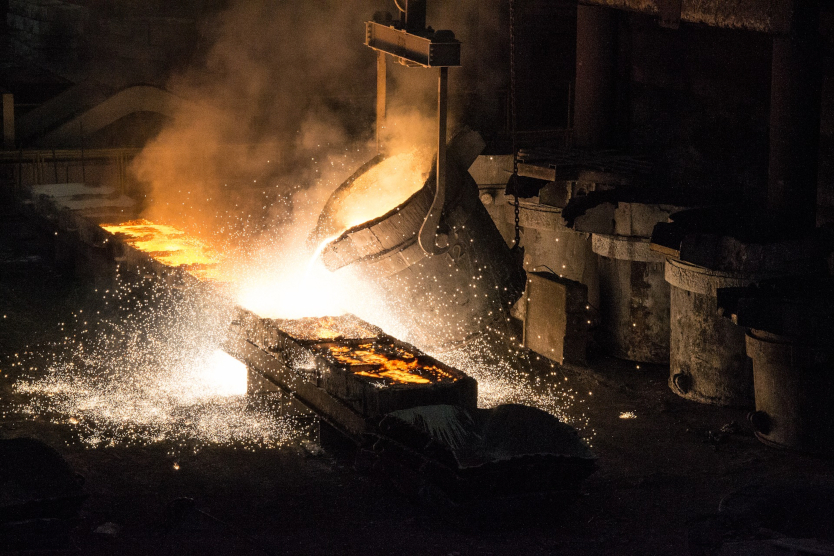
Metal hydrides in a powdered form are like a sponge to hydrogen and are therefor suitable for storing h2.
© Pixabay
The qualities of hydrogen (H2) as an energy carrier have been much extolled – indeed Germany’s energy strategy banks on it – but ease of storage is not one of them. The volatile gas either requires highly-pressurised storage tanks or low temperature storage in liquid form and both are expensive. Metal hydrides (where hydrogen is stored in a compound form) are another solution, but to date the benefits of the technology have been outweighed by the costs and the unsustainability of obtaining the raw materials.
That’s why the results of a research project from the Helmholtz Centre Hereon are of such critical interest. Researchers from the Institute of Hydrogen Technology there have shown how high-quality H2 storage materials can be produced from impure industrial metal wastes. Millions of tonnes of metal waste are produced every year in Germany. A large proportion of those non-recyclable materials could be used to extract metal hydrides, which could then be put to good use for H2 storage.
The chemistry is relatively simple: metal hydrides in a powdered form are like a sponge to hydrogen. Once exposed to it, the two hydrogen bonds are broken and attach to the hydride molecules. This process can easily be reversed either by decreasing the pressure or increasing the temperature to release pure H2.
Next the researchers will investigate how they can create nanostructured materials for binding H2 and releasing it again and testing these in real-world settings. “The utilization of circular economy approaches to the production of hydrogen storage materials allows us to tackle the energy challenges that modern times pose to our society in a more sustainable manner,” comments Dr Claudio Pistidda, one of the leading scientists in a press release.


